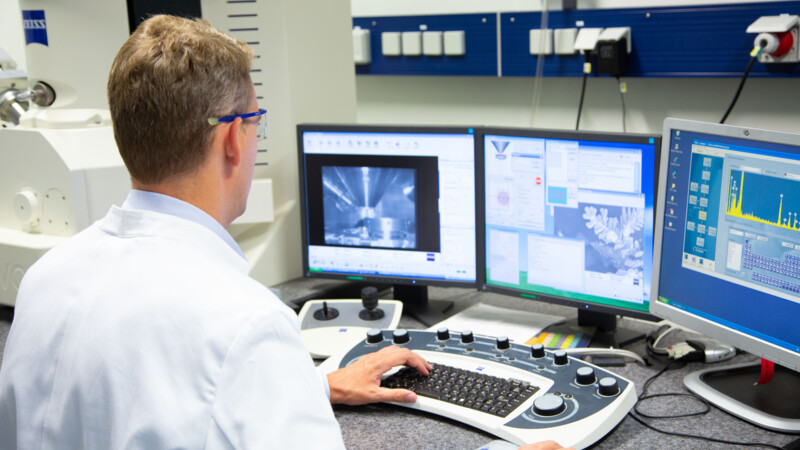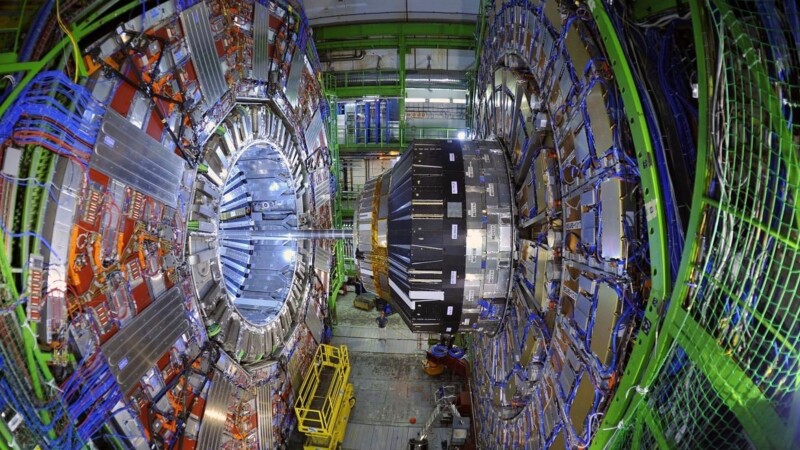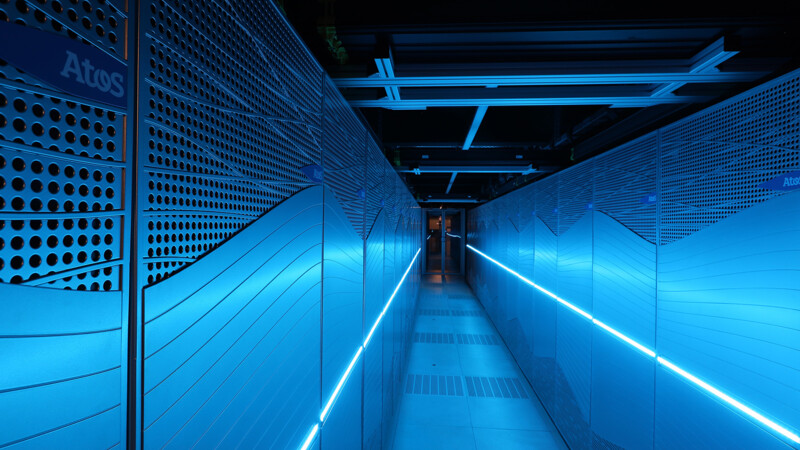Neutron stars are compact, highly condensed remnants of so-called supernova explosions in space. They can reach the size of a city and twice the weight of the sun, according to the Max Planck Society. "Neutron stars are characterized by extreme matter densities that are about five times as high as an atomic nucleus. So they are virtually gigantic atomic nuclei with a radius of several kilometres," said Rosswog, who is a professor of Theoretical Astrophysics of Compact Objects at Hamburg's Observatory. They generate so-called gravitational waves, i.e., oscillations of space-time by orbiting around each other. At the same time, collisions cause parts of the matter to detach which is then thrown into space and generates electromagnetic radiation of different frequency ranges. Both are to be integrated in a single model for the first time using supercomputers, according to Rosswoig.
The astrophysicist, Prof. Dr. Stephan Rosswog, at the University of Hamburg has obtained an advanced five-year grant of EUR 2.6 million from the European Research Council (ERC). Rosswog will put the funds towards further research into a project entitled "Inspiration: From inspiral to kilonova", which focuses on orbiting and colliding neutron stars and uses supercomputers supplemented by theoretical predictions.
Neutron stars twice as heavy as sun
Space as a laboratory for relativity theory
"The challenge is to integrate both gravitational waves and electromagnetic radiation into a single model because they are based on completely different physical processes. Until now, the orbiting of neutron stars around each other until crashing and the radiation have been calculated in separate models," Rosswog noted. Ten years ago, scientists proved that heavy elements such as gold, platinum or lead are formed by the collision of neutron stars which are considered a laboratory for Einstein's theory of relativity. The ERC Advanced Grant is one of five funding schemes for basic research. It is aimed at established top researchers who have made a significant contribution to their fields of research over the past decade.
sh/sb/pb
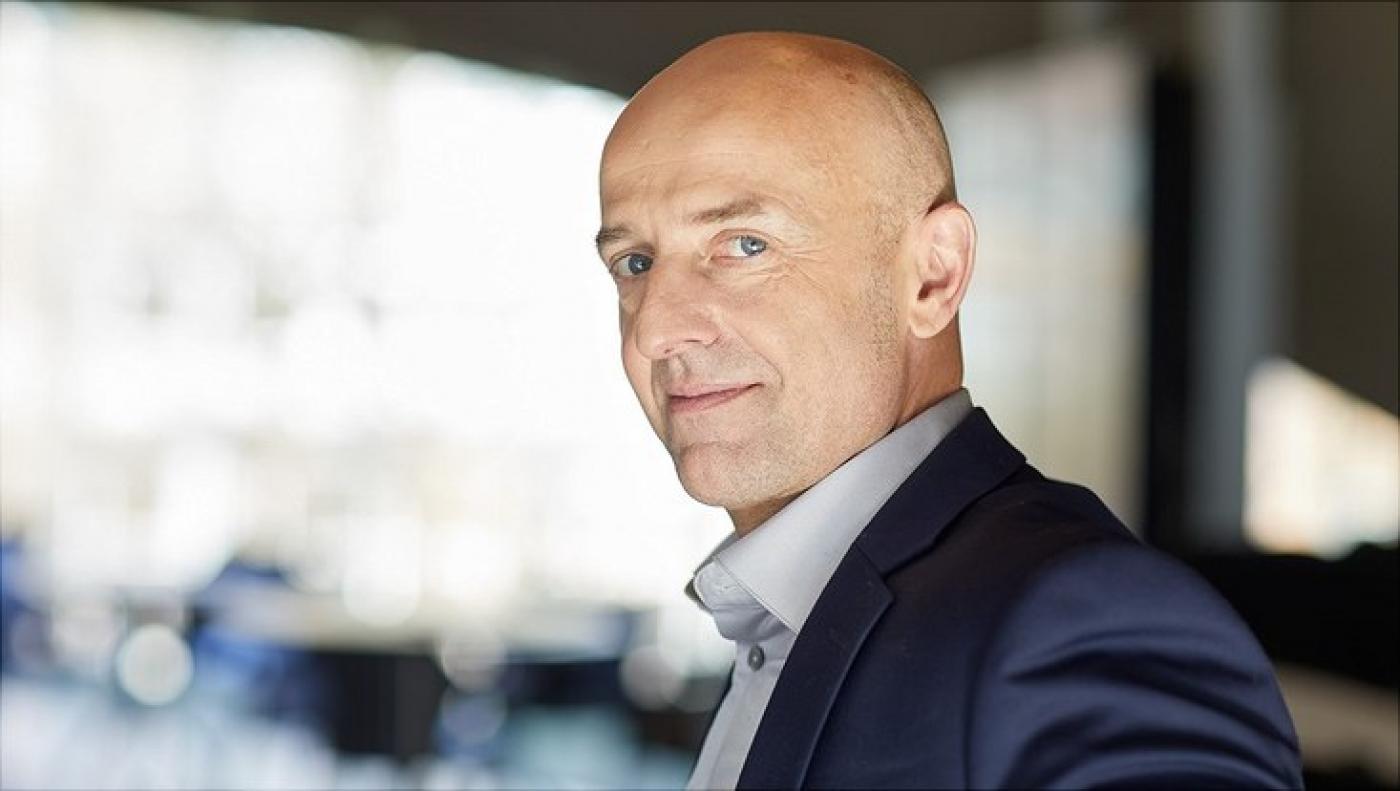
Sources and further information
More
Similar articles
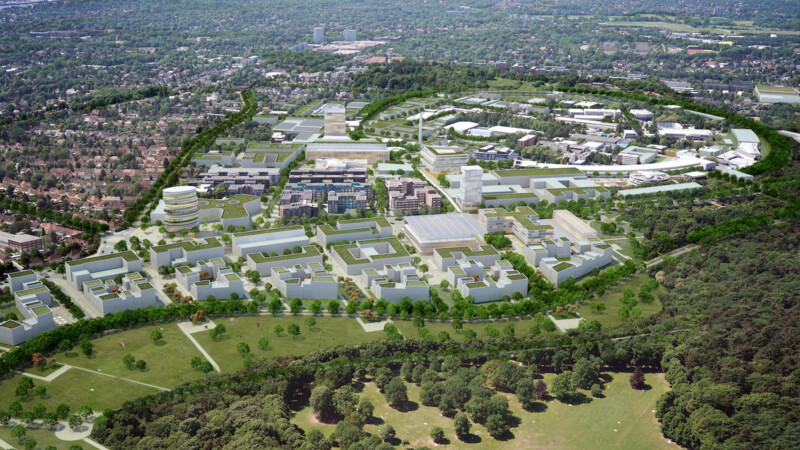
New building for physics at Science City Bahrenfeld
